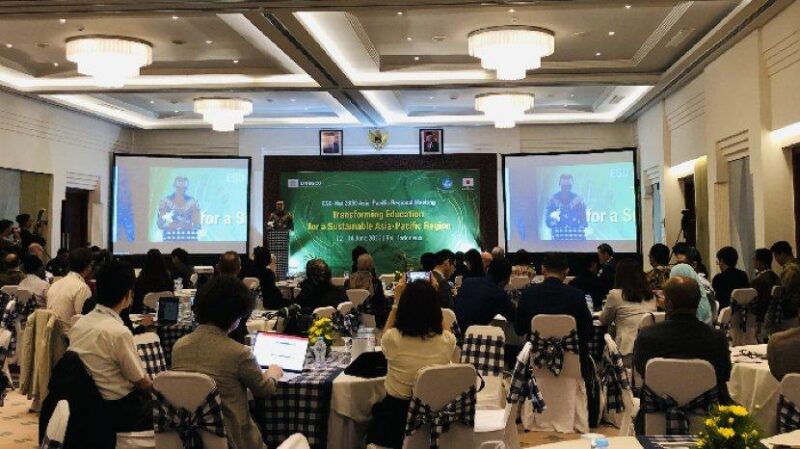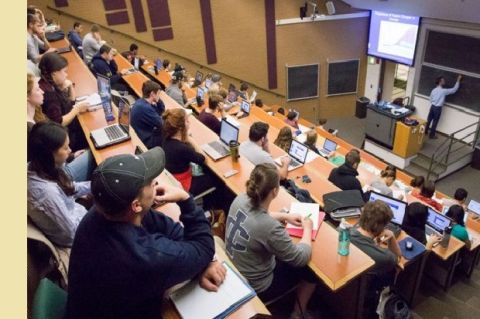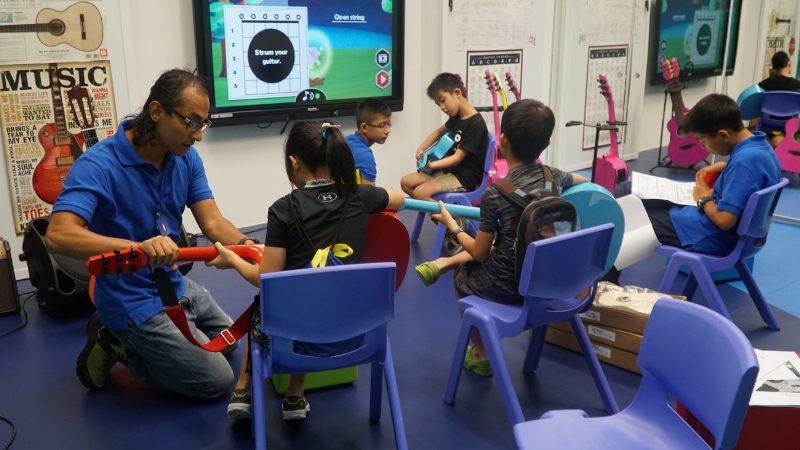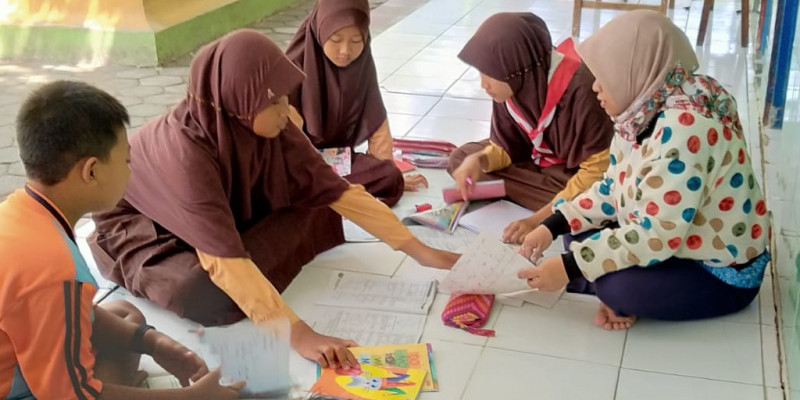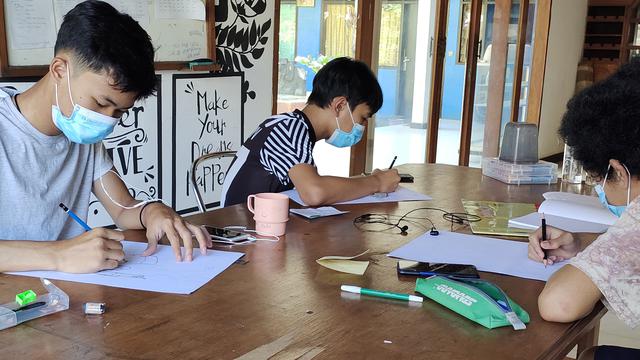Educational Transformation in East Asia – East Asia, which includes countries such as Singapore, South Korea and Japan, has undergone a stunning educational transformation in the last few decades. These countries have achieved outstanding academic achievements and earned reputations as centers of high-quality education on a global level. The transformation of education in East Asia encompasses a number of factors, including government policies, innovative learning approaches, focus on traditional disciplines and values, and ongoing efforts to improve the quality of education. In this article, we will explore the transformation of education in East Asia and the factors that have led to its remarkable success in this region.

Educational Transformation in East Asia
One of the key factors
The transformation of education in East Asia is the government’s strong commitment to education. Countries such as Singapore, South Korea and Japan have invested significant resources in the development of their education systems. They have allocated a substantial budget for education infrastructure, teacher training and curriculum development. The government has also implemented policies that support improving the quality of education, such as strict teacher selection, increased teacher salaries, and intensive professional development programs.
Moreover
Innovative learning approaches have become an important part of the transformation of education in East Asia. Singapore, for example, has adopted a student-centred approach to teaching with a focus on problem solving, group work, and developing critical skills. South Korea has also adopted a similar approach by encouraging creativity and independence in learning. These countries have shifted the traditional educational paradigm that focuses solely on academic knowledge to a more holistic and integrated approach.
In addition, another factor that contributes to the success of education in East Asia is the strong focus on traditional disciplines and values. High discipline and a strong learning culture have become the hallmarks of the education systems in these countries. Students in East Asia are taught to respect teachers, show respect, and strive to achieve good results. Additionally, they are instilled with values such as hard work, perseverance, and responsibility, which are important factors in long-term academic success.
Equally important
Countries in East Asia have committed to continuously improve the quality of education. They regularly conduct assessments and evaluations of their education system to identify weaknesses and make necessary improvements. Singapore, for example, has introduced a continuous teacher improvement program and continues to drive innovation in learning. South Korea has also launched ambitious programs to strengthen its national education capacity. These efforts show that countries in East Asia are not satisfied with current achievements, but continue to strive to be the best in education.
Overall, the transformation of education in East Asia is the result of a combination of factors, including government commitment, innovative learning approaches, focus on traditional disciplines and values, and ongoing efforts to improve the quality of education. Countries in the region have achieved extraordinary levels of academic achievement and are continuously working to improve their education systems. Their success provides valuable lessons for other countries in the world who want to improve the quality of their education.
